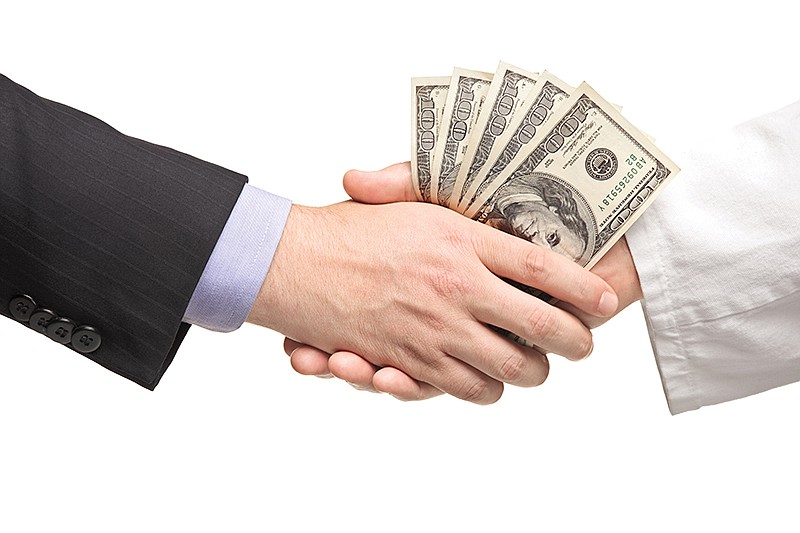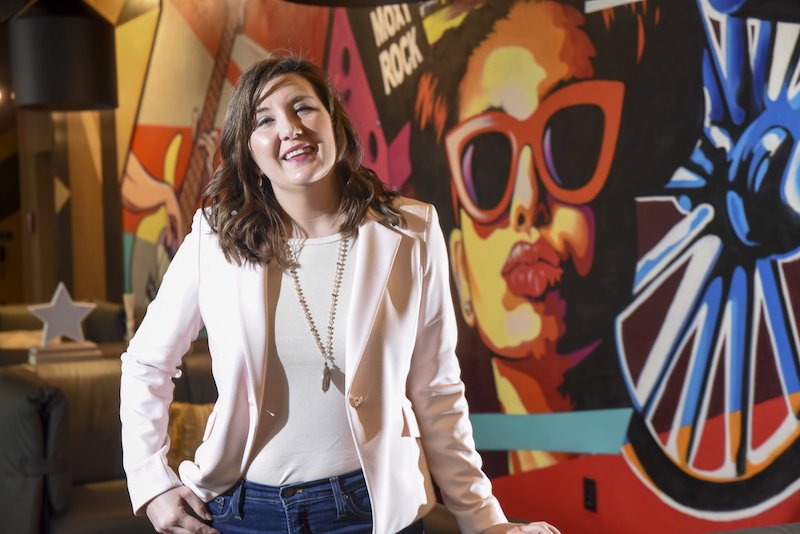Kacey Swindell, the director of sales at the Moxy hotel on King Street, was working the front desk one day in early April when a remarkable thing happened.
Pressed into front desk and bar duty because of the furlough of several Moxy employees due to the pandemic, Swindell was at her post when two customers walked into the industrial chic hotel.
"A couple I didn't know - as I am not usually bartending - came to the door and handed me $40," Swindell says. "I thanked them profusely. They let me know they were regulars and wanted to make sure their favorite bartenders were taken care of, and they hoped we were holding up well."
Swindell immediately split up the money and sent it to several sidelined Moxy employees via Venmo, a mobile payment service owned by PayPal. The couple's small act of kindness still resonates with her months later as service industry workers have slowly returned to their jobs. Swindell says the episode reminded her to value "the human connections we create in our business, and the fact that they remain intact even though we are on a little break from our norm."
Tipping in modern America has always been transactional - a show of goodwill as a reward for good service. But during the pandemic, tipping has become more than a casual exchange of money. It has also become a form of micro-philanthropy whereby consumers can show support for frontline service workers, many of whom have been hit hard by the financial and health consequences of the coronavirus.
While there is no consensus over exactly how much Americans have upped their tipping game during the pandemic, there is powerful anecdotal and survey evidence that it's happening. A recent survey by Bankrate.com revealed that 62% of Americans who are having takeout food delivered to their homes are tipping "more than before" the pandemic, while 21% say they are tipping "much more."
Grub Street, New York magazine's food and restaurant blog, has suggested that "50 percent tips" should be the new norm during the pandemic, to recognize that essential workers like servers are "putting their health on the line." While 50% is probably a stretch for most consumers used to tipping less than half that, the pandemic has at least put a spotlight on the so-called "tip-to-mouth" existence.
"As a server, I only make $2.13 (an hour)," says Elise Taylor, a server at Puckett's Grocery and Restaurant near the Tennessee Aquarium. "So if I am in the restaurant for eight hours, I've only made about $16 for that day. Without tips, at the end of the week, you are looking at making 60 bucks."
On social media, Taylor said since she returned to work she has been encouraged not only by tips, but by little notes of support that customers sometimes write on their checks.
While most service industry employees are getting fewer tips because of restaurant capacity limits, there are definitely many examples of customers digging deeply in a show of solidarity with servers, industry sources say.
Taylor Hamilton, beverage and food manager at the Moxy, says occasionally a customer will leave a 100% tip, and she suspects that some customers are ordering lower-cost drinks and food items so they can leave larger gratuities. Hamilton suggests that customers ask if their servers are hourly employees or managers pressed into service. "If the company has elected to keep or bring back hourly employees, then please tip your most generous amount, as these employees are working at minimum wage in a time when business is very slow on average," she explains.
Consumers should be aware that it's not just food servers and bartenders who depend on tips for part of their income, but also hairstylists, housekeepers, valets, Uber drivers, delivery people and others.
Debbie Tomas, a hairstylist at The Strand salon on Chestnut Street, says that since she went back to work in May, at least 10% of her customers have increased the amount of their customary tips.
"I've had a few people tip really well, and they say it's because they know it was hard for us to be out of work for a while," she shares.

